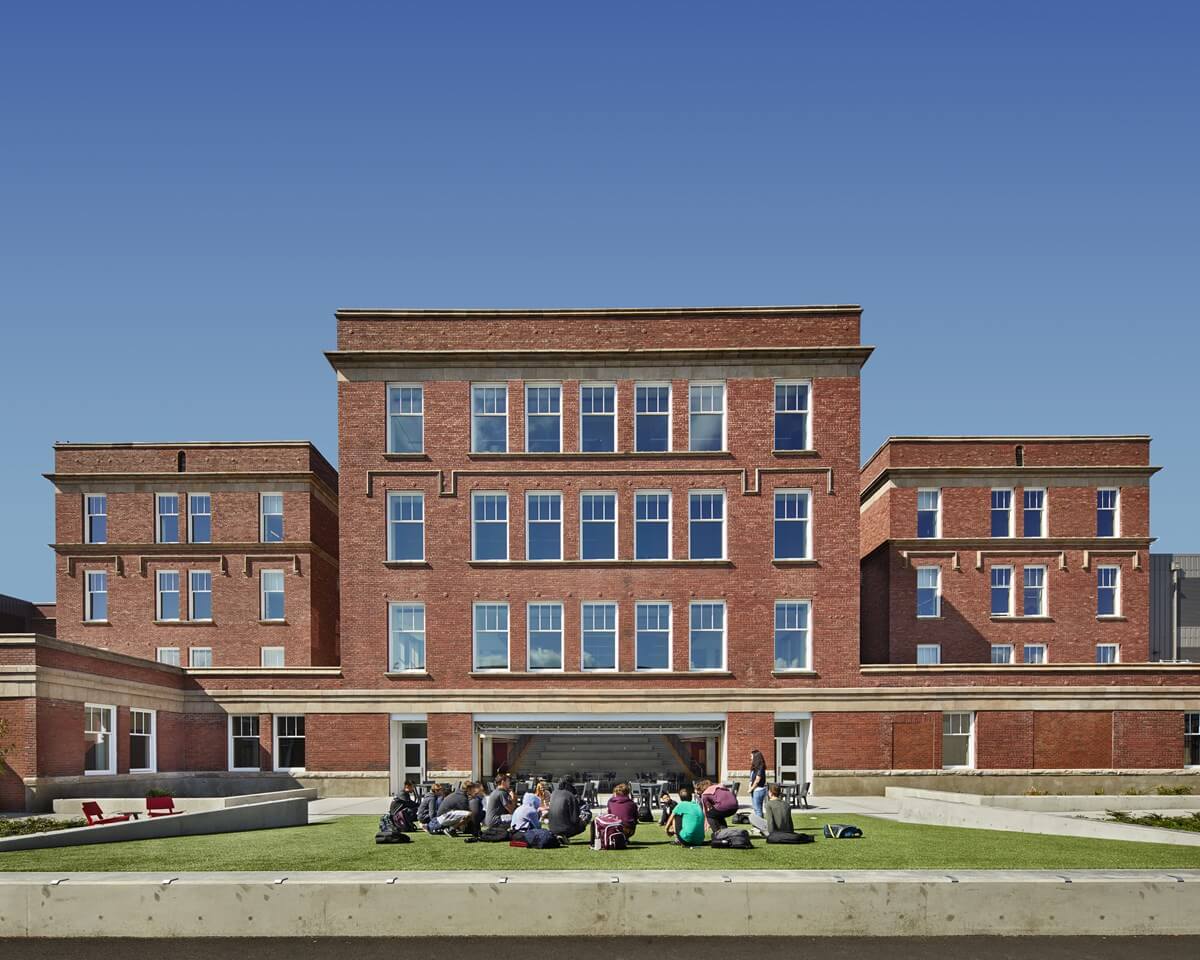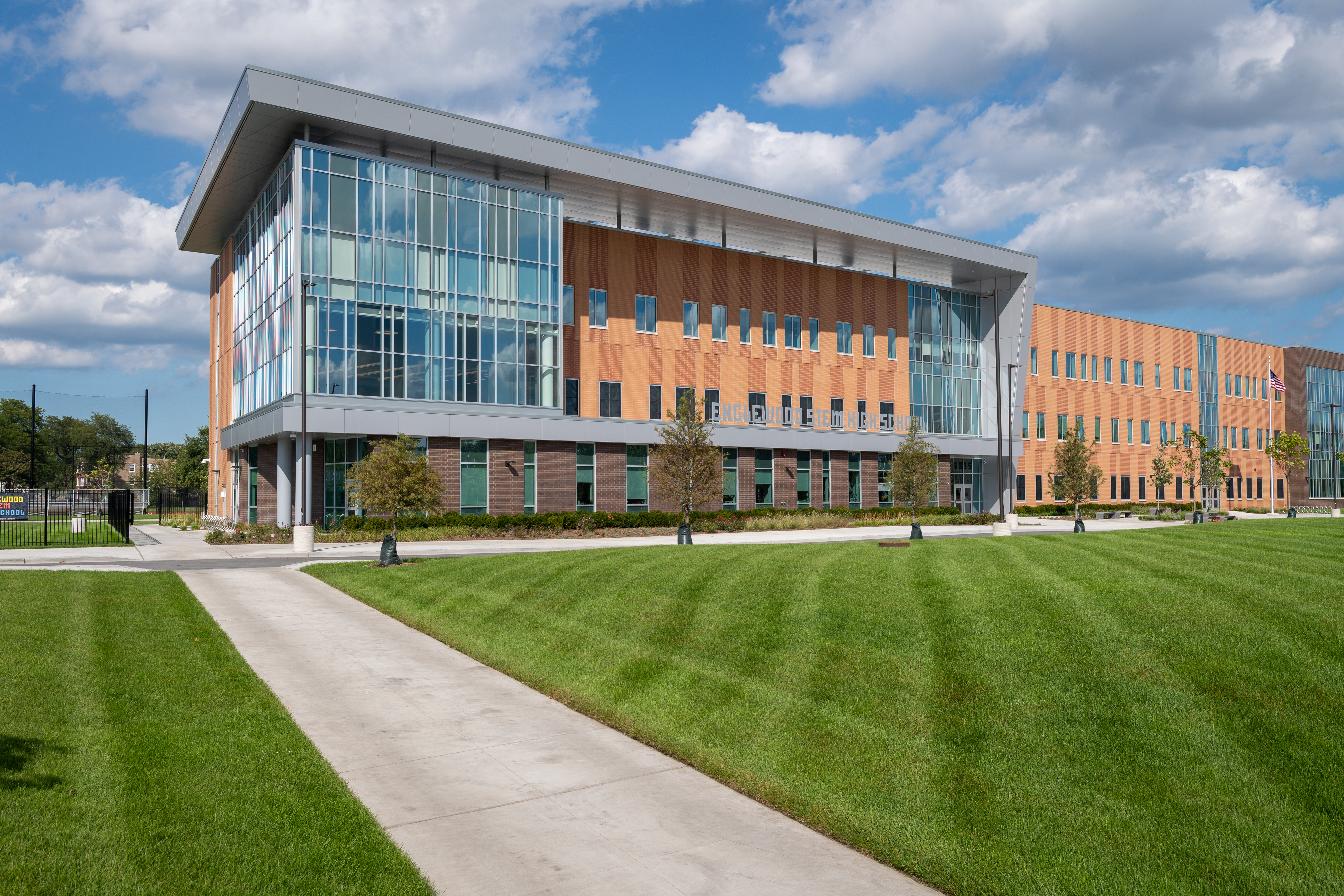Just How Schools Play a Vital Duty in Shaping Future Leaders and Pioneers
Colleges contribute fit future leaders and trendsetters through the growing of important reasoning, imagination, and collaboration. By integrating project-based understanding and interdisciplinary research studies, schools test students to analyze and synthesize complicated information. Educators offer as coaches, assisting pupils and nurturing their potential, while extracurricular tasks even more create leadership skills and durability. This vibrant setting not just concentrates on individual staminas yet likewise highlights the significance of teamwork, essential for browsing tomorrow's challenges. Just how specifically do these components interaction to develop a robust foundation for future success?
Promoting Crucial Assuming
In today's quickly advancing globe, fostering critical believing within schools has ended up being extremely important. As society faces significantly intricate international obstacles, the capability to evaluate, evaluate, and synthesize info is crucial. Colleges play an important duty in developing these skills, preparing trainees to browse and deal with diverse troubles with informed, reasoned decisions.
To cultivate important thinking, educators use different instructional strategies that urge active understanding and intellectual involvement. Classroom discussions, problem-based understanding, and Socratic questioning contribute in promoting reflective and logical mind. By challenging trainees to question presumptions and think about numerous perspectives, these approaches make certain a much deeper understanding of topic beyond rote memorization.
Additionally, incorporating essential assuming throughout the curriculum reinforces its importance and applicability in varied contexts. Subjects such as maths, scientific research, background, and literary works each deal one-of-a-kind chances to establish students' critical faculties. For example, analyzing historical events calls for comprehending and evaluating sources context, while scientific query needs strenuous hypothesis screening and evidence-based reasoning.
Ultimately, instilling critical thinking abilities in pupils equips them with the cognitive devices required for lifelong discovering and versatility. It is via this fundamental skills that future leaders will have the ability to innovate, fix troubles, and contribute meaningfully to culture.
Urging Creativity
Embracing creativity within educational structures galvanizes trainees to think past standard boundaries and explore ingenious options. By incorporating imaginative endeavors and creative thinking workouts into the educational program, colleges grow an environment where creativity and creative idea are valued. This strategy not only improves the academic experience yet also equips trainees with the capacity to deal with real-world obstacles in novel ways.
School can cultivate imagination through diverse means such as project-based knowing, interdisciplinary research studies, and the unification of arts and modern technology. Project-based understanding, as an example, urges pupils to use their expertise in functional, often joint, tasks that demand innovative analytic abilities. Interdisciplinary studies enable pupils to draw links between various topics, therefore expanding their point of views and improving their innovative capabilities.
In addition, offering trainees with chances to involve with emerging modern technologies, such as coding and digital style, additionally nurtures their creative capacity. These activities prompt trainees to experiment, fail, and iterate, which are vital components of the creative process (Save Temecula Schools). By preserving a supportive atmosphere where trial and error is urged, colleges can make sure that trainees develop the confidence to go after innovative concepts
Fundamentally, supporting imagination in instructional settings is important for shaping future leaders and trendsetters efficient in attending to intricate international issues with ingenuity.
Supporting Collaboration

Implementing group-based learning modules and cooperative projects permits trainees to experience the characteristics of teamwork firsthand. This not only prepares them for the joint nature of modern workplaces yet additionally supports leadership qualities as they frequently need to handle functions such as job supervisors or group coordinators. In addition, cooperation in the class can break down social obstacles and promote inclusivity, guaranteeing that each pupil really feels valued and listened to.
Furthermore, integrating technology can go to the website further sustain collective efforts. Tools like shared digital work areas and interactive systems enable students to interact efficiently, also outside the class. As pupils establish these collaborative skills, they are better equipped to take on complex challenges and innovate, preparing for their future roles as pioneers and leaders.
Function of Educators as Coaches

Mentorship includes personalized interest, where instructors recognize and nurture private staminas and address weaknesses. Save Temecula Schools. Via one-on-one communications, educators can customize their guidance and support to meet each trainee's one-of-a-kind needs, cultivating a sense of confidence and strength. This individualized approach cultivates a growth state of mind, urging students to watch failures as possibilities for discovering and growth
Furthermore, instructors act as function designs, showing the worths of integrity, willpower, and compassion. Their actions and perspectives provide a blueprint for trainees to imitate, instilling a feeling of moral obligation and social awareness. By developing a inclusive and supportive class setting, teachers allow trainees to create social skills that are vital for efficient leadership.
In essence, the mentorship offered by teachers lays a fundamental framework for the growth of future leaders, outfitting them with the knowledge, abilities, and worths needed to master an ever-evolving globe.
Effect of After-school Activities
When integrated effectively into the instructional framework, extracurricular activities significantly boost trainee growth and management potential. These activities give trainees with opportunities to check out passions beyond the standard educational program, fostering a well-rounded skill collection.
Moreover, extracurricular participation urges creativity and advancement. Students participated in argument, songs, or dramatization clubs learn to think seriously and approach problems from varied viewpoints. These experiences instill confidence, enabling pupils to articulate their concepts and take campaign in various settings. By working together with peers from various backgrounds, trainees likewise create empathy and interaction abilities, important attributes for future leaders.
Research study indicates that pupils entailed in such programs have a tendency to have greater grades and much better attendance documents. Thus, colleges that focus on a balanced strategy to education, integrating durable extracurricular programs, are more most likely to create leaders and trendsetters furnished to fulfill the challenges of the future.

Final Thought
In verdict, colleges significantly shape future leaders and pioneers by supporting critical thinking, creativity, and partnership amongst trainees. By cultivating a helpful atmosphere that values individual toughness and teamwork, schools equip students click over here with the required skills to navigate future obstacles and drive development.
As trainees develop these collaborative skills, they are much better outfitted to deal with complicated obstacles and introduce, laying the groundwork for their future roles as leaders and innovators.
By promoting vital thinking and problem-solving abilities, instructors help students try this site browse complicated challenges, preparing them for leadership duties in different fields.
By teaming up with peers from various backgrounds, pupils likewise develop compassion and interaction skills, crucial qualities for future leaders.
In final thought, schools dramatically shape future leaders and pioneers by nurturing critical reasoning, creative thinking, and partnership among students. By fostering an encouraging environment that values specific toughness and team effort, schools equip trainees with the necessary skills to browse future challenges and drive innovation.